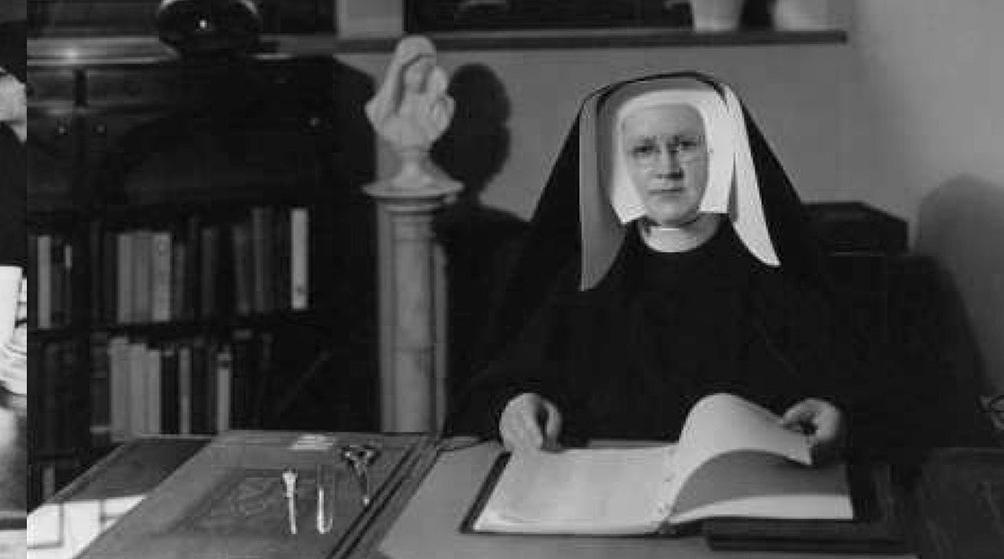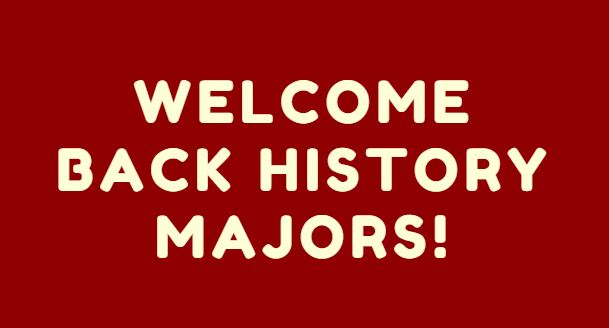archive
.png)
EVENTS
Whale Watching in the Medieval North Atlantic
On Monday, February 4, join Dr. Vicki Szabo, author of Monstrous Fishes and the Mead-Dark Sea: Whaling in the Medieval North Atlantic (Brill, 2008), for an exciting lecture exploring marine mammal use and populations in premodern Europe! This talk is the first "Medieval Environments" lecture of the semester, a collaboration between Loyola's Medieval Studies Center and Institute for Environmental Sustainability.
DETAILS
EVENTS
Where Historians Teach Panel Discussion
Thinking about careers? Currently on the job hunt? Join us on Tuesday, April 9 at 4pm in Cuneo 312 for a panel on "Where Historians Teach: A Discussion About Teaching Careers for Historians in Secondary Ed, Higher Ed, and Public History." Panelists include: Sarah Doherty, PhD, Assistant Professor of History at North Park University; Bryan Escobar, MA, Public Historian, Arts and History Specialist, Waukegan Park District; Amelia Serafine, PhD, Instructor, San Antonio College; Charles Tocci, PhD, Assistant Professor, School of Education, Loyola University Chicago.

SPOTLIGHT
Voices from Mundelein: Media Portal
This past summer, graduate students Jenny Clay and Nathan Ellstrand worked with the Women and Leadership Archives to create the Voices from Mundelein: Media Portal. Showcasing images alongside more than 30 interviews, the site shares the stories of women religious, students, staff, and faculty from Mundelein College.
VIEWHistorians in the Field: Ramblers at the 2019 AHA Conference
The American Historical Association took Chicago by storm this month and the Ramblers were there to greet them.

EVENT
Welcome Back Night for History Majors
All history majors are invited to attend a welcome back info session on September 11 at 4 PM in Crown Center 528. Learn more about the program, what requirements are needed to graduate, what you can do with a history degree post graduation, and ask any other questions you may have about the program.
DETAILSAmerican History/Public History Graduate Students Found Public History Consulting Business
Dr. Rachel Boyle and Hope Shannon had the idea for a public history consulting business over coffee on July 10, 2017. Both realized with similar visions, compatible skills, and work styles that they would make a great team. Rachel and Hope also understood the need in public history for community collaboration and promoting social change. With this in mind, the two started Omnia History which is “grounded in the idea that cultural work should benefit people in tangible ways and serve a larger social purpose.”
Omnia History provides services to small cultural organizations which emphasize community engagement. Omnia History tailors their services for each organization in various ways like organizational assessments, constituent relationship management, or historical interpretation. Rachel and Hope especially enjoy working with “groups that are eager to re-imagine cultural work and reevaluate the roles they play in their communities.” To learn more about Omnia History and Rachel and Hope’s work visit their website.
